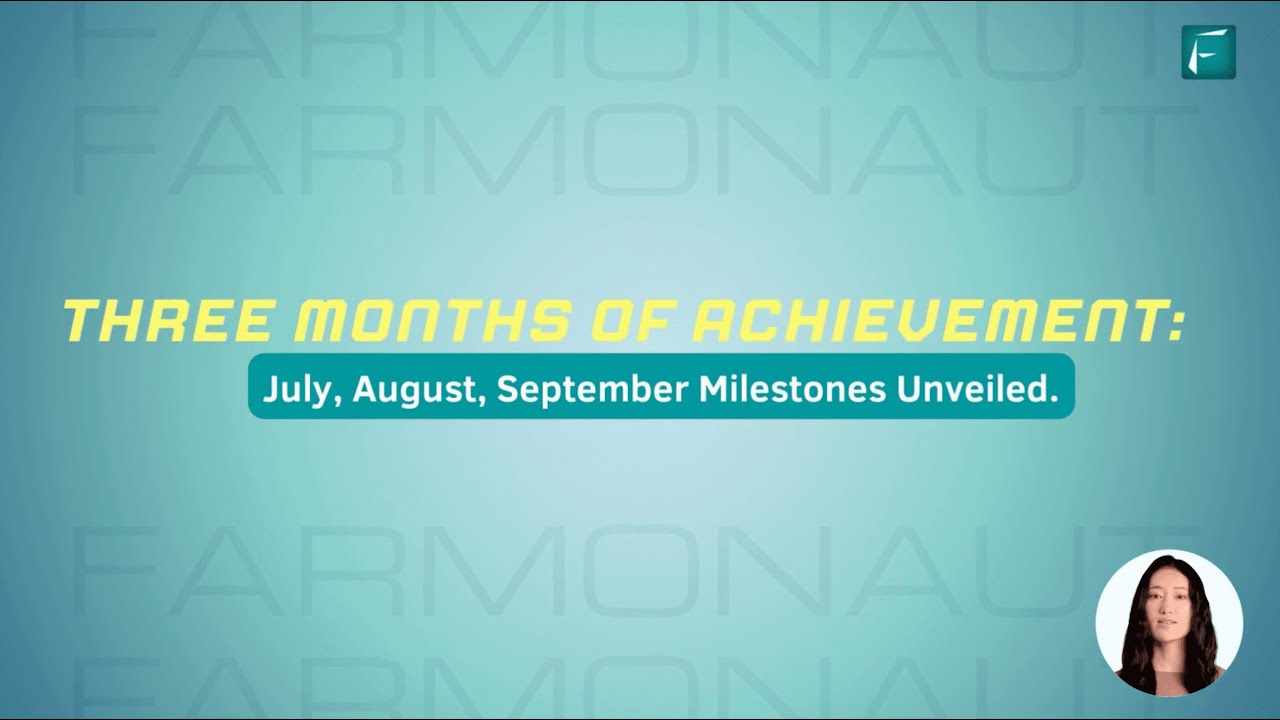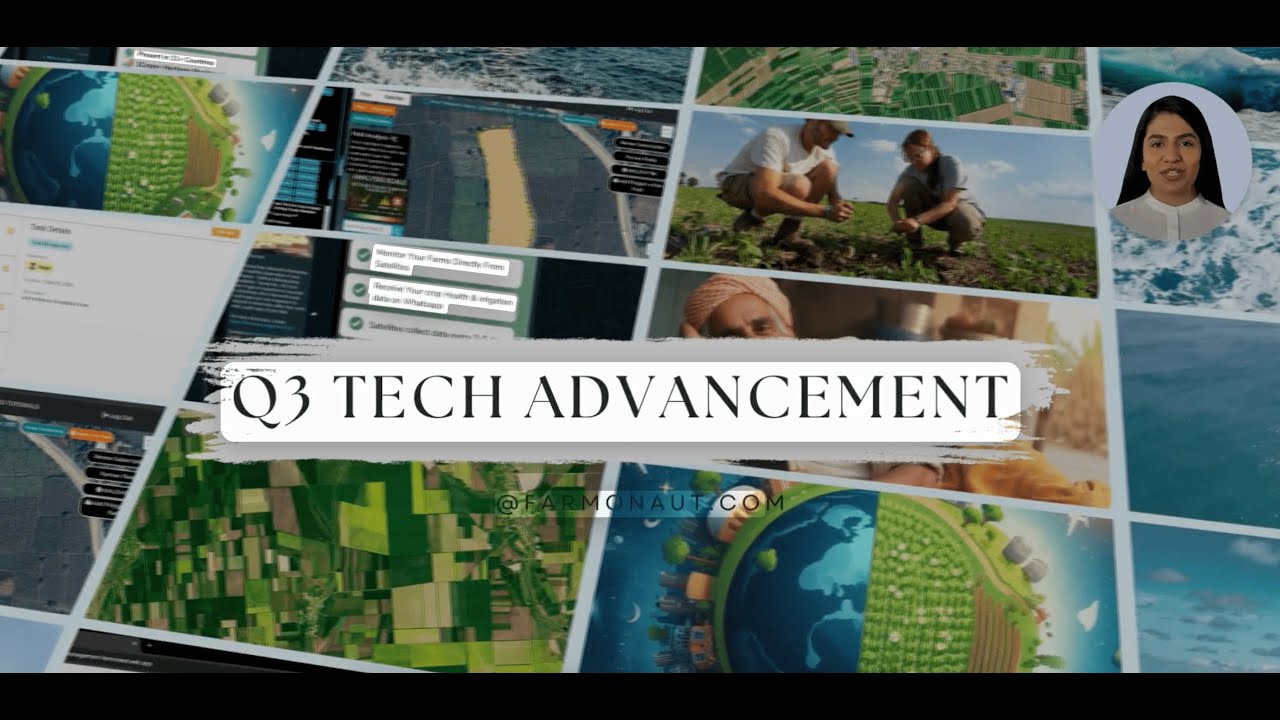Florida’s Immigration Policy Debate: Analyzing State vs. Federal Authority in Legislative Session
“Florida’s GOP-led legislature debates immigration bill in special session, highlighting state vs. federal authority tensions.”
“Florida’s immigration policy debate reflects broader trends in state-level policymaking, impacting agriculture and rural communities.”

In recent weeks, we’ve witnessed a significant escalation in Florida’s immigration policy debate, as the state government grapples with complex legislative priorities and communication challenges. This special legislative session has thrust the tension between state and federal immigration authority into the spotlight, igniting a heated debate on Florida’s approach to illegal immigration. As we delve into this contentious issue, it’s crucial to understand the nuances of the debate and its implications for various sectors, including agriculture and rural communities.
The Core of the Controversy
At the heart of this debate lies a GOP-led legislature’s immigration bill that has faced criticism from none other than Governor Ron DeSantis himself. The governor has labeled the proposed legislation as “weak” and potentially “destructive,” raising concerns about its effectiveness in addressing the state’s immigration challenges. This unexpected clash within the Republican party has exposed underlying issues in state leadership and sparked questions about the alignment of proposed legislation with voter interests.
One of the primary points of contention is the bill’s provision that designates the commissioner of agriculture as the sole coordinator with federal authorities regarding illegal immigration, rather than the governor. This structure, according to DeSantis, could lead to accountability issues, especially considering that a Democrat held the agricultural commissioner’s post during his initial term as governor.
State vs. Federal Authority: A Delicate Balance
The ongoing debate in Florida exemplifies the broader struggle between state and federal authority in immigration matters. While immigration policy is primarily a federal responsibility, states like Florida are increasingly seeking to assert their role in enforcement and regulation. This push-and-pull dynamic raises important questions about the limits of state power and the potential for conflict with federal law.
| Immigration Policy Area | State Authority | Federal Authority |
|---|---|---|
| Law Enforcement Cooperation | Can enact laws requiring local police to cooperate with federal immigration authorities | Determines overall immigration enforcement priorities and strategies |
| Employment Verification | May implement additional state-level verification requirements for businesses | Manages E-Verify system and sets federal employment eligibility standards |
| Public Benefits Access | Can restrict certain state-funded benefits for undocumented immigrants | Determines eligibility for federal benefits and oversees national programs |
| Border Control Measures | Limited authority, mainly supportive roles in federal initiatives | Primary responsibility for border security and control |
| Potential Conflicts | Overlapping jurisdictions can lead to legal challenges and policy inconsistencies | |
As we can see from the table above, the interplay between state and federal authority in immigration matters is complex and often fraught with potential conflicts. Florida’s current legislative debate brings these tensions to the forefront, highlighting the need for careful consideration of how state-level policies interact with federal immigration laws.
The Agricultural Perspective
In a state like Florida, where agriculture plays a significant role in the economy, the immigration debate takes on additional layers of complexity. The agricultural sector often relies heavily on immigrant labor, both documented and undocumented. As such, any changes to immigration policy at the state level could have far-reaching consequences for farmers, farm workers, and rural communities.
Here at Farmonaut, we understand the importance of supporting farmers and agricultural communities through innovative technology solutions. While we don’t directly engage in policy matters, our satellite-based farm management solutions aim to empower farmers with data-driven insights that can help them navigate challenges in the agricultural sector.
Communication Breakdown and Leadership Challenges
One of the most striking aspects of this legislative session has been the apparent breakdown in communication between key government officials. House Speaker Daniel Perez has stated that he would welcome a conversation with Governor DeSantis, emphasizing the importance of engagement between co-equal branches of government. However, DeSantis has countered this claim, asserting that his office had indeed attempted to initiate communication prior to the special session but received no feedback from Perez’s office.
This communication gap underscores broader concerns about leadership effectiveness within Florida’s legislative context. The governor has emphasized the need to focus on the mission at hand rather than personal dynamics, stressing that the priority should be addressing the pressing issues important to constituents.
The Role of Technology in Modern Governance
As we navigate these complex political and policy issues, it’s worth considering the role that technology can play in improving governance and decision-making processes. At Farmonaut, we believe in the power of data-driven insights to inform better policies and practices, particularly in the agricultural sector.
Our satellite-based monitoring systems and AI-driven analytics could potentially offer valuable data to policymakers grappling with issues at the intersection of agriculture, immigration, and economic development. By providing real-time insights into crop health, resource management, and agricultural productivity, we aim to contribute to more informed discussions about the needs of rural communities and the agricultural workforce.
The Importance of Voter Interests
Throughout this debate, Governor DeSantis has consistently emphasized the need to prioritize voter interests over political squabbles. He argues that the legislature’s reluctance to convene for a special session indicates a lack of urgency in addressing pressing issues that matter to constituents. This focus on voter interests raises important questions about how well proposed legislation aligns with the needs and concerns of Florida’s diverse population.
As we consider the implications of this debate, it’s crucial to remember that effective policymaking requires a deep understanding of the issues affecting various communities. In the context of agriculture and rural development, technologies like those offered by Farmonaut can provide valuable insights into the challenges faced by farmers and agricultural workers, helping to inform more targeted and effective policies.

The Way Forward: Balancing State and Federal Interests
As Florida’s immigration policy debate continues to unfold, it’s clear that finding a balance between state and federal authority will be crucial. The challenge lies in crafting legislation that addresses the state’s specific needs and concerns while remaining within the bounds of federal immigration law. This delicate balancing act requires careful consideration of various factors, including:
- The economic impact of immigration policies on key industries like agriculture
- The need for effective law enforcement and public safety measures
- The protection of civil liberties and human rights
- The practical challenges of implementing and enforcing new immigration laws
Moving forward, it will be essential for Florida’s lawmakers to engage in open and constructive dialogue, not only among themselves but also with constituents, industry leaders, and experts in various fields. By fostering a more inclusive and informed debate, the state can work towards developing immigration policies that are both effective and responsive to the needs of all Floridians.
The Role of Technology in Shaping Policy Discussions
As we consider the complexities of the immigration debate and its impact on various sectors, it’s worth exploring how technology can contribute to more informed and effective policymaking. At Farmonaut, we believe that data-driven insights can play a crucial role in shaping discussions around agriculture, rural development, and related policy areas.
Our satellite-based monitoring systems and AI-powered analytics offer a unique perspective on agricultural productivity, resource management, and environmental sustainability. While we don’t directly engage in policy matters, the insights generated by our technology could potentially inform discussions on topics such as:
- The impact of labor shortages on agricultural productivity
- Resource allocation and management in rural areas
- The environmental impact of different agricultural practices
- The potential for technology to enhance agricultural efficiency and sustainability
By leveraging these technological tools, policymakers and stakeholders can gain a more comprehensive understanding of the challenges and opportunities facing Florida’s agricultural sector, helping to inform more nuanced and effective policy approaches.
The Broader Implications for State-Level Policymaking
Florida’s immigration policy debate is not occurring in isolation. It reflects broader trends in state-level policymaking across the United States, where states are increasingly asserting their authority on issues traditionally seen as federal domains. This shift raises important questions about the evolving nature of federalism and the balance of power between state and federal governments.
As states like Florida grapple with complex issues such as immigration, we’re likely to see continued debates over the appropriate roles of different levels of government. These discussions will have far-reaching implications for various sectors, including agriculture, law enforcement, and public services.
The Importance of Collaboration and Data-Driven Decision Making
As we’ve seen throughout this debate, effective governance requires collaboration and open communication between different branches of government and various stakeholders. While personal relationships and political dynamics play a role, the focus should ultimately be on developing policies that serve the best interests of constituents.
In this context, the role of data and technology in informing policy decisions becomes increasingly important. At Farmonaut, we believe that leveraging advanced technologies like satellite imagery and AI-driven analytics can provide valuable insights to support more informed and effective decision-making processes.
Looking Ahead: The Future of Immigration Policy in Florida
As Florida continues to navigate this complex policy landscape, it’s clear that the debate over immigration will remain a critical issue for the state. The outcome of this legislative session and the policies that emerge from it will have far-reaching consequences for various sectors, including agriculture, law enforcement, and public services.
Moving forward, it will be essential for policymakers to:
- Foster open and constructive dialogue between different branches of government
- Engage with diverse stakeholders, including agricultural communities, law enforcement agencies, and immigrant advocacy groups
- Leverage data and technology to inform policy decisions
- Balance state-specific needs with federal immigration laws
- Consider the economic and social impacts of proposed policies on various communities
By taking a comprehensive and collaborative approach, Florida can work towards developing immigration policies that address the state’s unique challenges while respecting the complex interplay between state and federal authority.
Conclusion: Navigating Complex Policy Terrain
Florida’s immigration policy debate serves as a microcosm of the broader challenges facing state governments across the United States. As states grapple with complex issues that intersect with federal authority, the need for thoughtful, data-driven policymaking becomes increasingly apparent.
While the path forward may not be straightforward, the ongoing discussions in Florida highlight the importance of open dialogue, collaboration, and a willingness to engage with diverse perspectives. By leveraging technology, embracing data-driven insights, and prioritizing the needs of constituents, Florida has the opportunity to develop immigration policies that address the state’s unique challenges while contributing to the broader national conversation on this critical issue.
As we continue to follow these developments, it’s clear that the outcome of Florida’s immigration policy debate will have significant implications not only for the state but also for the evolving landscape of state-level policymaking across the country.
FAQ Section
- What is the main point of contention in Florida’s immigration policy debate?
The main point of contention is the proposed bill that designates the commissioner of agriculture as the sole coordinator with federal authorities regarding illegal immigration, rather than the governor. - How does this debate reflect the tension between state and federal authority?
The debate highlights the ongoing struggle between state-level immigration enforcement efforts and the federal government’s primary authority over immigration policy. - What role does agriculture play in this debate?
Agriculture is a significant sector in Florida’s economy and often relies heavily on immigrant labor. Changes to immigration policy could have substantial impacts on the agricultural industry. - How is technology relevant to this policy discussion?
Technology, such as satellite-based monitoring systems and AI analytics, can provide valuable data to inform policy decisions, particularly in areas related to agriculture and resource management. - What are the potential implications of this debate for other states?
This debate reflects broader trends in state-level policymaking and could influence how other states approach immigration policy and engage with federal authorities.
As we conclude this exploration of Florida’s immigration policy debate, it’s clear that the issues at hand are complex and multifaceted. The ongoing discussions highlight the need for thoughtful, collaborative approaches to policymaking that balance state-specific needs with federal authority. By leveraging technology, embracing data-driven insights, and prioritizing open dialogue, Florida has the opportunity to contribute meaningfully to the national conversation on immigration policy while addressing its unique challenges.



















